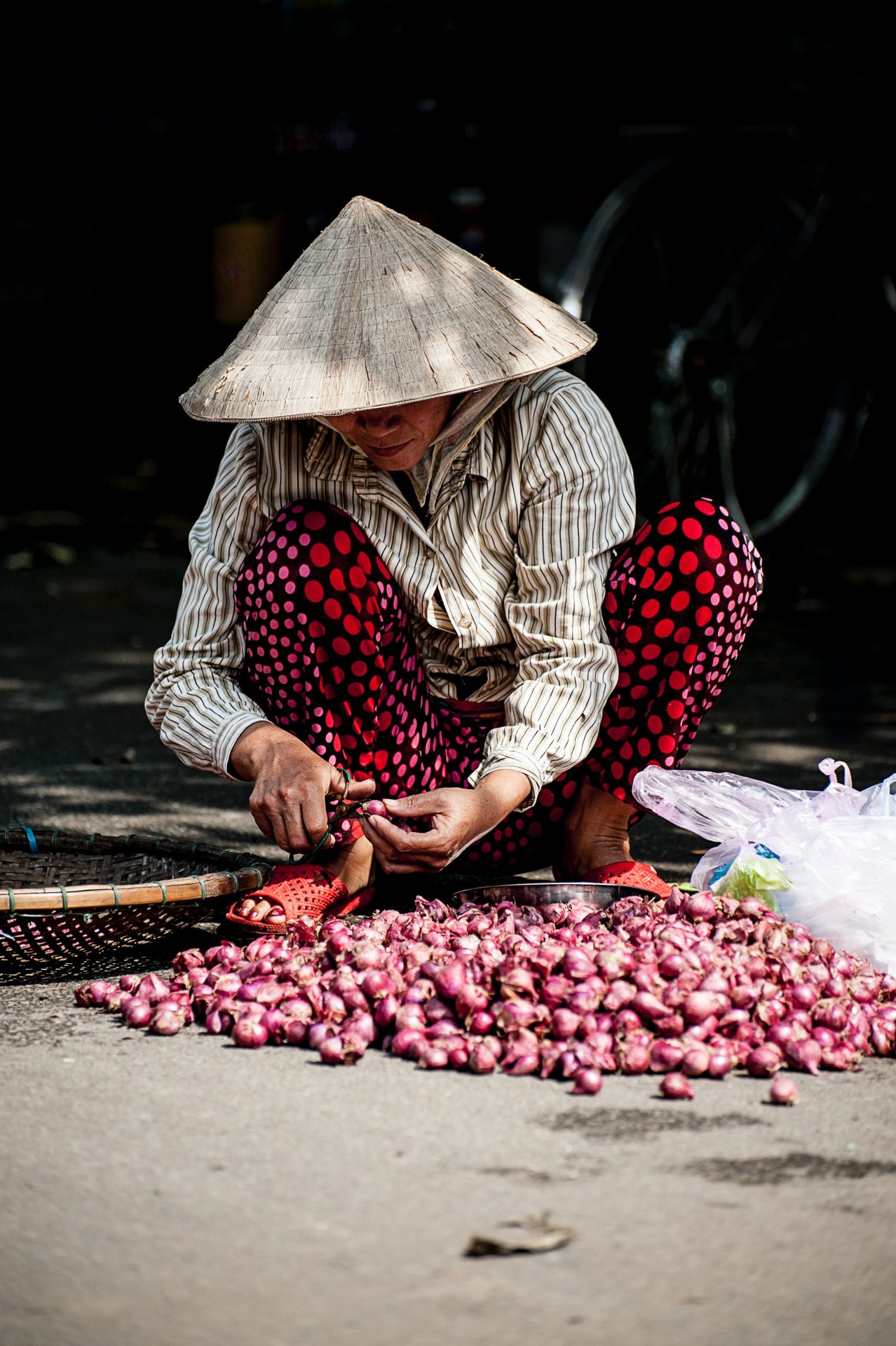- Women play a key role in the agriculture and food industries but face specific inequalities and barriers
- Greater gender equality within agriculture will lead to greater equality within households
- This report is designed to support DEVCO staff in EU delegations to help design gender-transformative approaches and interventions in the food, nutrition and agriculture industry to promote women and girls equal rights.
Women play a pivotal role in the agriculture and food industry, greatly contributing to household food security and agricultural labour, among other things. Despite this, women face stark inequalities within the field. For instance, women are often forced to farm more traditional crops, as opposed to cash crops, they are more likely to be underpaid in poor working conditions, and they are often uninformed about any land or labour rights.
Greater gender equality within agriculture will lead to greater equality within households and may also mitigate women’s increased susceptibility to malnourishment. Agricultural programme and policy implementations that ensure gender-related outcomes and help close the aforementioned gender gaps, should be a priority and robustly measured and reflected upon. However, gender-sensitive initiatives require adequate funding and should be designed so that tangible outputs are expected for each objective related to gender equality in agriculture and nutrition.

As subsistence or commercial farmers, pastoralists, fishers, labourers or entrepreneurs, rural women make up on average 43% of the agricultural labour force, although there are significant variations.
Women face greater barriers than men in the field because of reasons such as decreased land ownership, mobility to access water, and financing opportunities. Women also have less representation in leadership positions and often experience delayed access to the latest farming technology and information due to factors such as digital gender gaps and increased rates of illiteracy.
Having greater autonomy within the agricultural and food industry could greatly contribute to women’s equality in other settings, such as within the home.
Programmes to mitigate these barriers for women in agriculture must be gender transformative, meaning they should address the structural factors that disadvantage women in society. Policy and initiatives should address the heterogeneities among women and intersectional factors that contribute to their disadvantage.
The themes and priorities under the Gender Action Plan (2016-2020) (GAP II) may be used to guide programmatic goals related to food, nutrition, and sustainable agriculture.
Possible important areas to investigate utilising a gender-transformative lens includes livestock ownership, employment in the fishery sector, rural financial services, and land ownership.
If yields on farms managed by women were raised to the same level as those achieved by men, agricultural output in developing countries would increase by 2.5% to 5%. This could reduce the number of undernourished people in the world by between 12% and 17%.





